Is Brexit talk a 'poisoned chalice' for politicians?
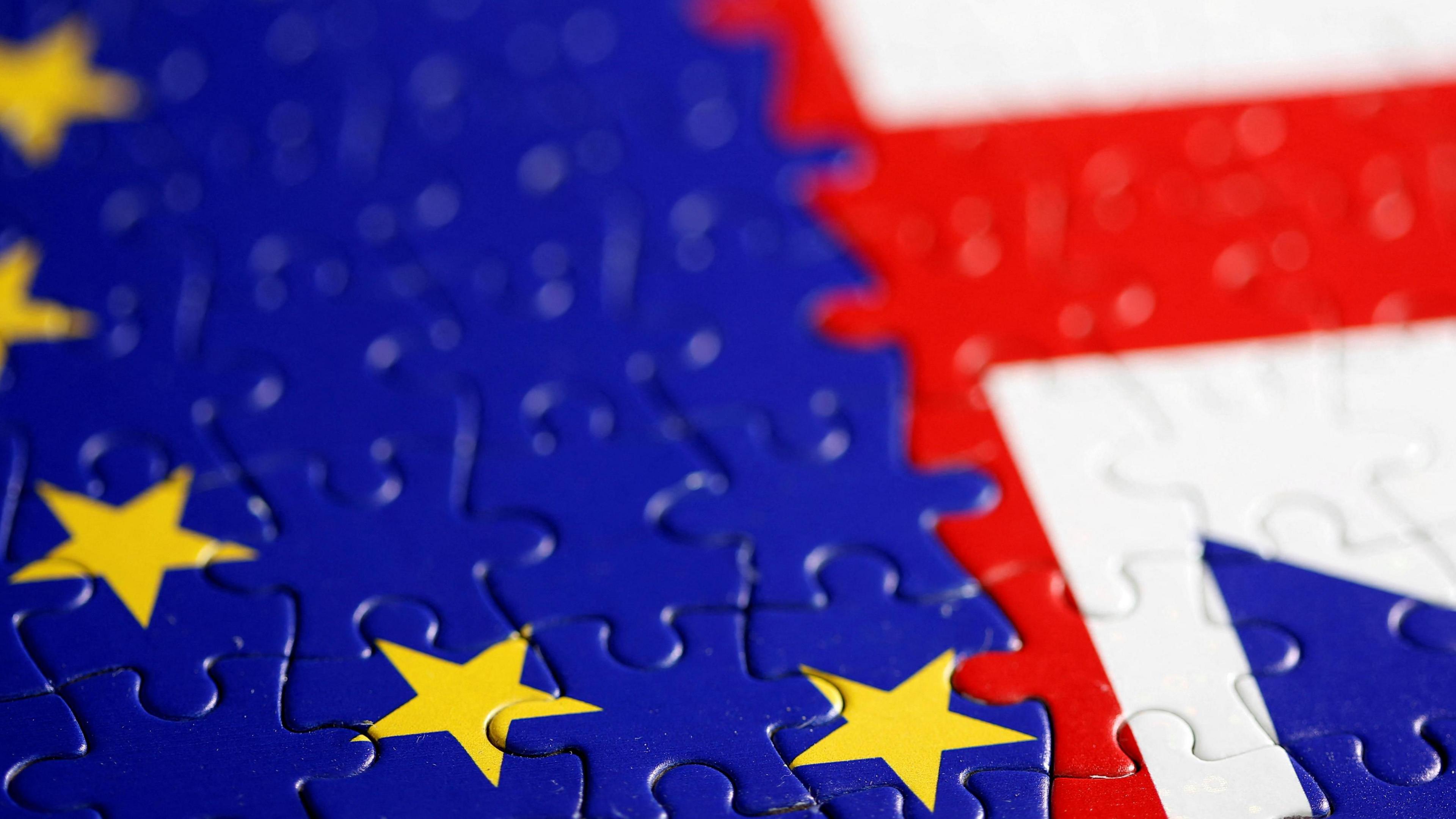
The debate over the UK's relationship with the European Union continues
- Published
Cast your mind back nearly eight years if you will, when voters across the United Kingdom were preparing to make a seismic decision.
We're talking about the Brexit referendum of course and, four years after the UK left the European Union (EU), many voters still want to talk about its consequences.
Your Voice, Your Vote invites you to tell the BBC what you want us to focus on and explore during the general election campaign.
Hilary Dyke, from Manchester, said the UK's relationship with the EU was "the biggest elephant in the room" and asked: "Why won't [the parties] talk about it?"
Ted Wilson, also from Manchester, went as far as describing an "omerta" - or code of silence - between the major parties on Brexit, while Alistair Holdsworth, from Lancashire, said rejoining the EU was the issue that mattered most to him.
Manifestos
Thus far, only the Liberal Democrats have released their plans in full.
In their manifesto published on Monday, the party said while it wanted the UK to rejoin the EU, it was a "longer term objective".
It will be interesting to see just how much focus the other parties give to the subject when they unveil their own manifestos in coming days.
Labour leader Sir Keir Starmer has said he would not seek to rejoin the EU; instead promising to "make Brexit work".
On announcing the election, Prime Minister Rishi Sunak said the Tory government had "seized the opportunities of Brexit" to boost the UK's competitiveness and invest more in the National Health Service.
The Scottish National Party has said it would rejoin the EU and the Greens have said they favour the same approach when the political conditions are right.
Meanwhile, Reform UK has pledged to renegotiate the existing deals.
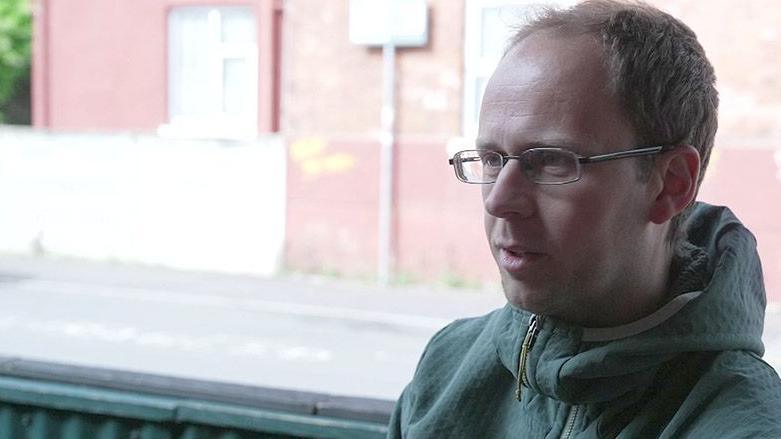
Pete feels the parties no longer want to talk about Brexit
Here in the north-west of England, the majority of people in many towns voted Leave while the majority in Manchester and Liverpool voted Remain.
Withington, in south Manchester, was part of the area with the region's highest remain vote, with 60% wanting the UK stay in the EU.
Pete, a musician, said Brexit "feels very in the rear view mirror".
He said: "I feel like the parties don't want to talk about it any more.
"It is like almost like a poisoned chalice."
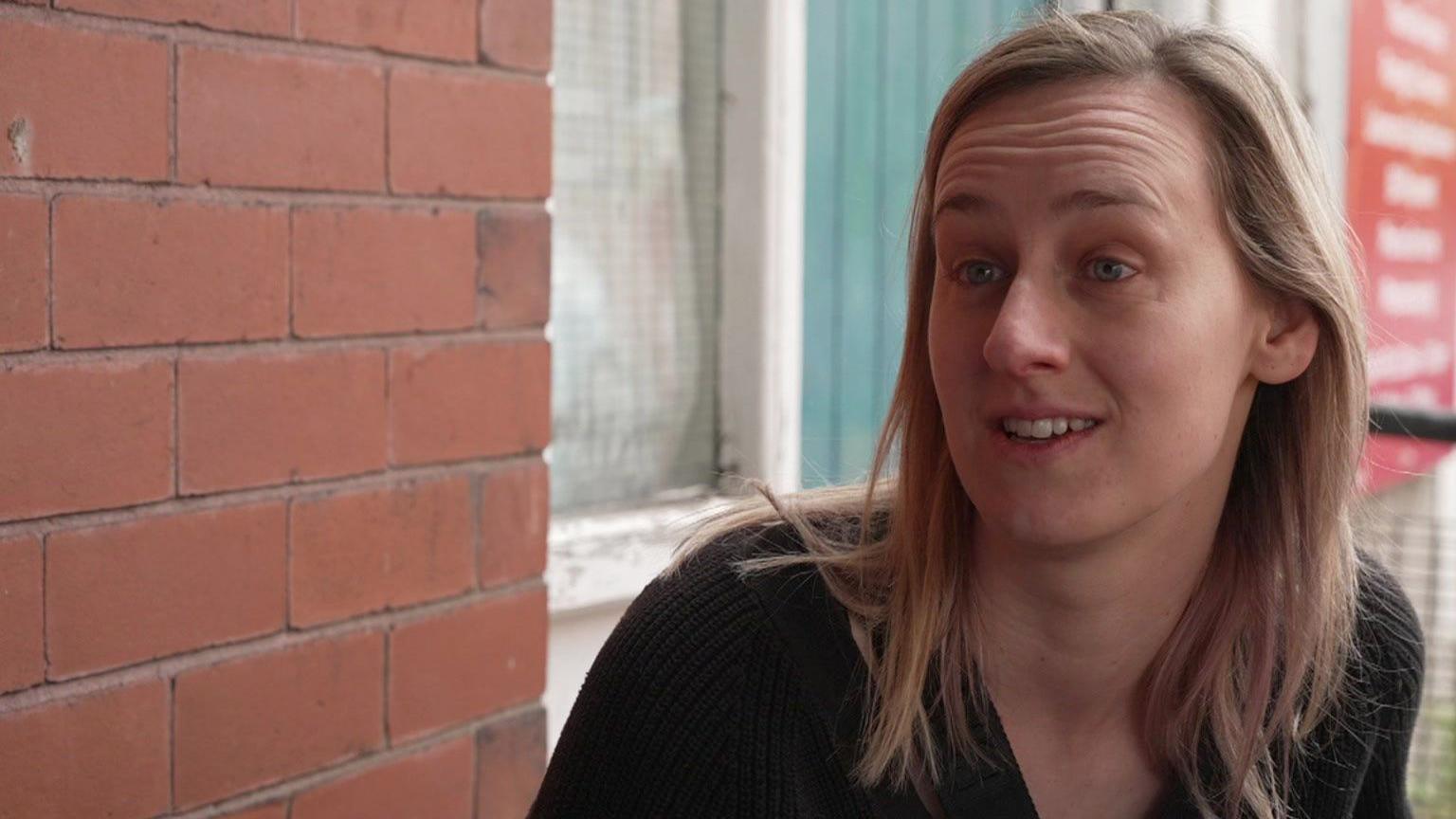
Amy feels there is a "sadness" following Brexit
Fellow musician Amy said she felt there was something of a "sadness" that Brexit happened.
"Seems like people are trying to sort out the issues rather than go back in."
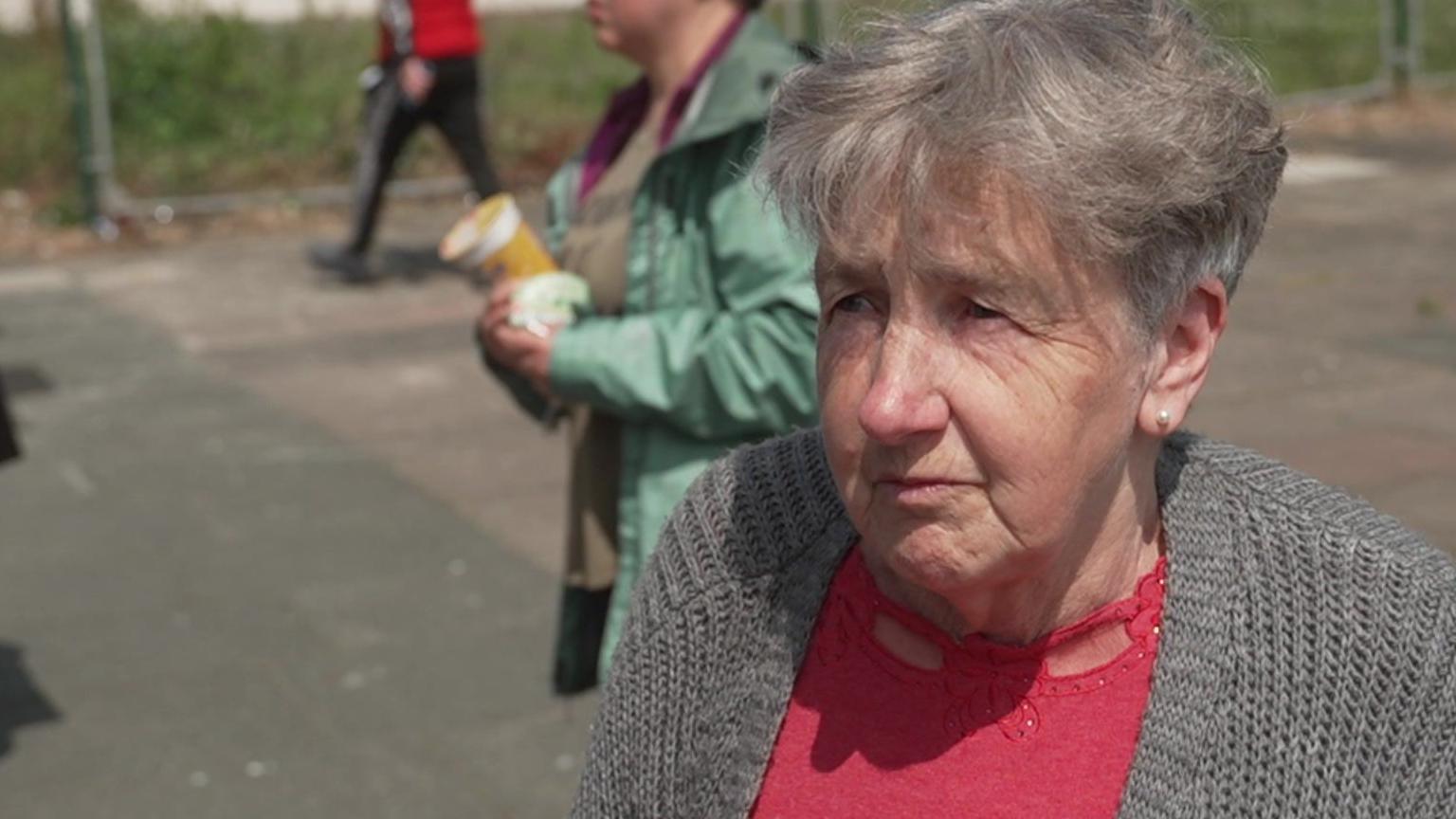
Yvonne says while post-Brexit life in the UK is getting better, it has taken time
Meanwhile, Blackpool had the highest leave vote in the North West, with 68% of voters wanting out.
One of them, Yvonne, said: "I did vote to come out because I thought we'd be better coming out.
"We were just giving [the EU] loads of money and we were not seen anything for it really. It was just holding us back.
"I think now it is taking time but I do think we're getting better."
Another resident, Augusta, said: "I'm not very happy with it because I haven't actually seen an awful lot of what we were promised would happen if we get out."
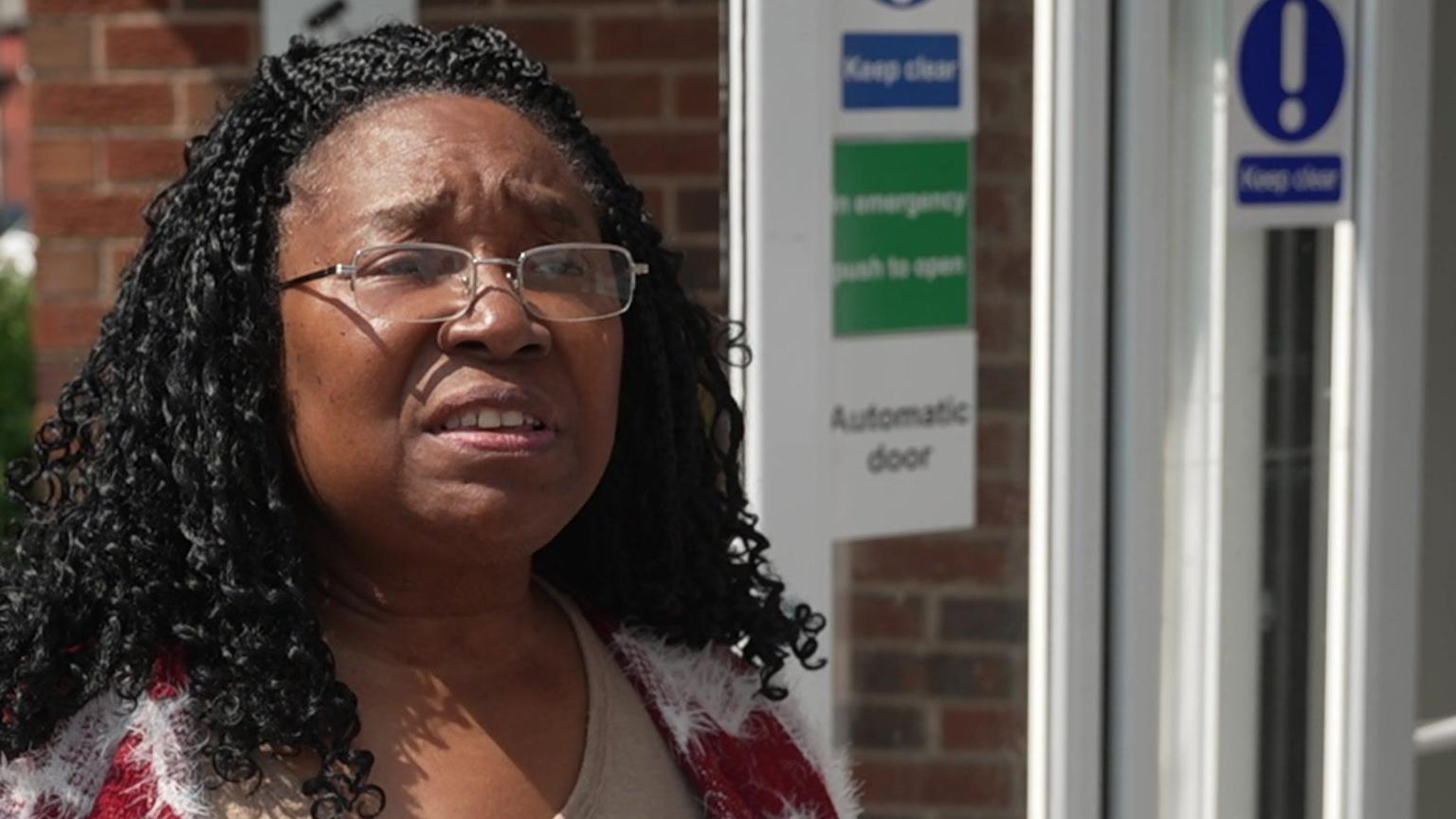
Augusta says she has not seen many benefits

The Independent Office for Budget Responsibility, external estimates Brexit has made the UK economy 4% smaller than it might have been.
The Economist newspaper reported, external higher trade barriers had seen the export of goods from the UK shrink by 10% since 2019.
Many other factors could be at play, though.
Brexit has been followed by a global pandemic, the shock of the mini-budget, and the war in Ukraine.
Even so, Paula Keaveney, a senior lecturer in politics at Edge Hill University, said most politicians were reticent about discussing Brexit.
"It's caused problems in some places and these will come up as parties campaign," she said.
"But I think parties are going to be quite careful not to have too much about Brexit in their campaigning."
From the comments being sent to Your Voice, Your Vote, though, it seems the Brexit debate still matters.
What really matters to you in this general election? What is the one issue that will influence your vote? Click the button below to submit your idea, and it could be featured on the BBC.